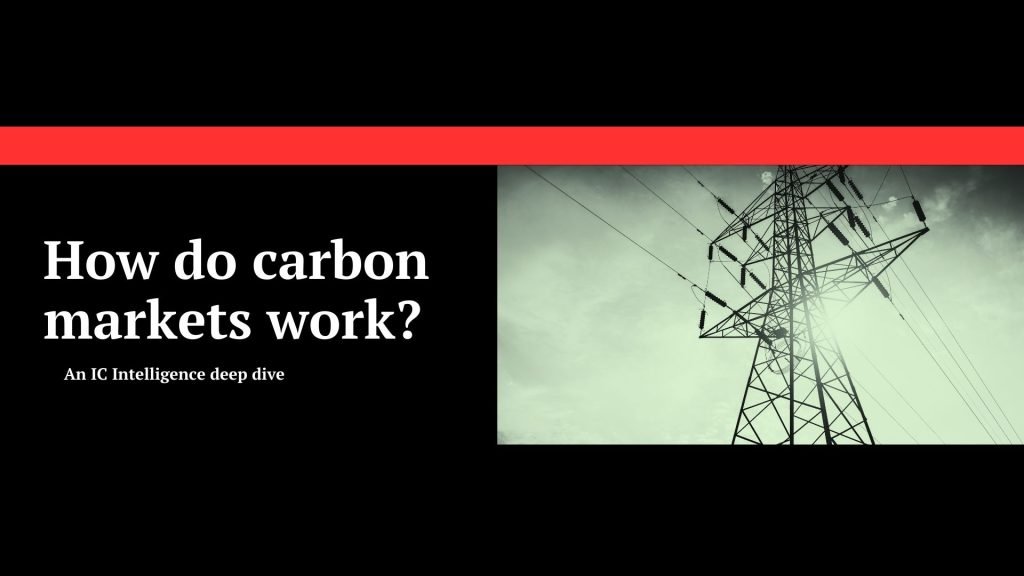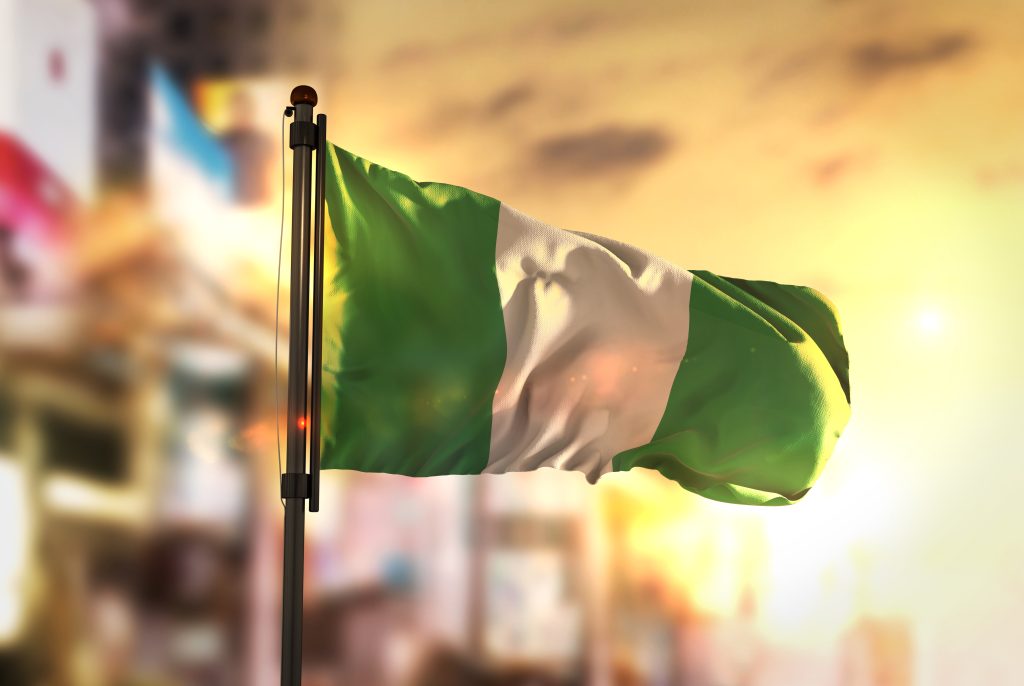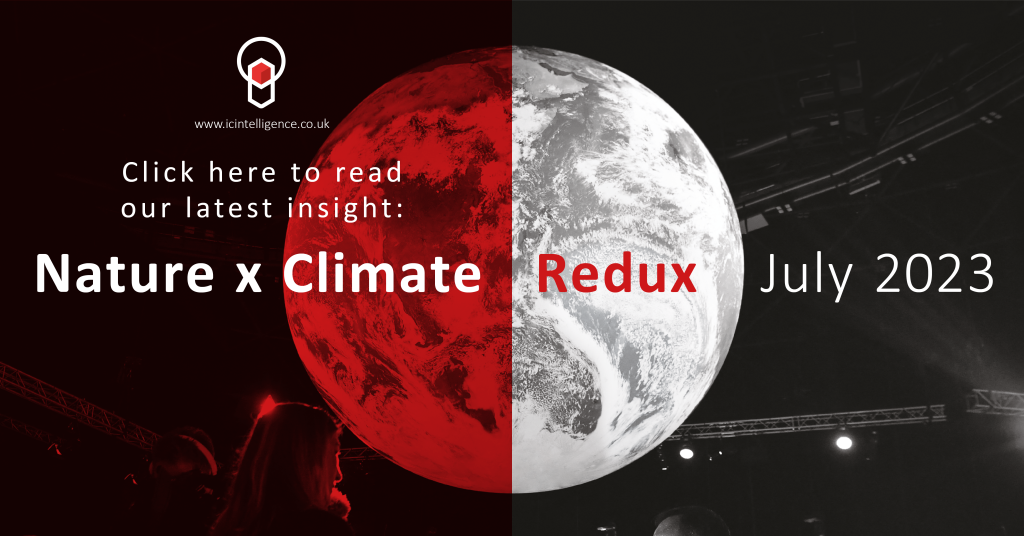WE BRING YOU CRUCIAL INSIGHTS
Our thought leadership includes events, podcasts, articles, concept notes and white papers. Check in regularly for cutting-edge perspectives from our team and knowledge partners.
Innovating Infrastructure
Click here to read our latest insight.
With special guest Jonathan Maxwell

Video explainer: what are carbon credits?
The New Geopolitics & BRICS+
Click here to read the latest Insight
with special guest Lord Jim O'Neill

How do carbon markets work?

Flashnote // Nigeria in Numbers
Post-election 2023 macro analysis
Click here to view our insight

White Paper // Jersey Finance
Investment Funds Research on Domiciliation and Capital Raising Trends for Jersey Finance
Insight_08 // Africa's energy transition
Africa's energy transition is causing enormous debate. In the run-up to Africa's COP in Egypt in November, many are counterposing the adjustments required to mitigate the disastrous impacts of climate change to the escalating development needs of the continent. Fossil fuels, in particular, are in the limelight; whether Africa should or should not exploit its prodigious reserves of oil and gas. In this edition of IC Insights our contributors, including Chair of IC Intelligence Lord Peter Hain and experts from the International Institute for Sustainable Development and Clean Energy 4 Africa, weigh in from a political, economic, technological and infrastructural perspective.
Download the July 2022 edition here.
Insight_07 // Implications of the Ukraine invasion for Africa
Almost three months on from Russia's invasion of Ukraine the conflict shows no sign of abating. In this issue, we unpick the economic, geopolitical and domestic implications of the invasion for Africa, with contributions from Chatham House experts Aanu Adeoye and Dr Alex Vines.
Download the May 2022 edition here.
Insight_06 // Raising Capital in the Global Market
In this issue of Insights, we explore, along with our subject experts, some ideas on how best to attract, raise and deploy private capital across the African continent against this complex backdrop. Lord Peter Hain lays out the pros and pitfalls of private capital raising for African countries and points to blended finance as a way forward. Meanwhile, I set the scene and also recap some recent work our team has done on gender-lens investing with private capital. Next, the team at NEU Capital Africa offer some practical solutions in 5 themes for raising $5 to $50m+ of capital in the alternative/private capital mid-market in Africa in light of its own special challenges: opacity of deal- making, insufficient information, weak institutions and powerful politicians. Finally, Eleanor Brown of Invest Africa writes for us on how MSMEs can be supported in the tougher global environment.
Download the July edition here.
Insight_05 // Accounting for Climate Change: The Business and Economic Risks of a Warming Planet
In this edition we discuss the risks and opportunities arising from climate change and the transition to a low-carbon future.
Download the June edition here.
Insight_04 // The outlook for crypto and blockchain in Africa
In April of 2011, one bitcoin was worth approx $1, last April the cryptocurrency surged to a record-high $63,000. In this month's edition of the Newsletter, we explore the phenomenon of crypto and the applications of the technology behind it, blockchain. We also specifically look at the potential for blockchain and crypto in Africa to revolutionise trade, investment and payments as the industry continues to professionalise with increased regulatory oversight and institutional backing and grounbreaking innovations such as NFTs. Lord Hain and myself offer our view alongside our panel of experts from Luno, Consensys and ChainVine.
Download the May edition of our Insights series here.
Insight_03 // The Business and Economic Case for Vaccine Equity
Global herd immunity is being hailed as a key factor to opening up our economies and societies to kickstart the Covid-19 recovery. But this will depend on mass immunisation and equitable distribution of vaccines between rich and poor countries. In this edition, we make the business and economic case for vaccine equity.
Download the March/April edition of our Insights series here.
Insight_02 // February 2021 - ESG Global Update
As sustainable finance incorporating environmental, social and governance (ESG) factors get incorporated into global policy and regulation and the pandemic recovery, it is an agenda Africans cannot ignore and indeed, should lead on. It’s becoming an essential ingredient for attracting investment, ESG assets in 2020 totalled a staggering $31 trillion of capital flows.
Download our ESG Global Update for the latest developments on the international policy agenda here.
Insight_01 // Concept Paper: Pathways to a New Global Economy out of Lockdown
With the new vaccines being rolled out globally, business and political leaders are beginning to see a way out of lockdown at last. Planning and policy for the economic recovery and public health strategy are underway. This concept paper includes reflections on the potential options out of lockdown by our chair, Lord Peter Hain, and our chief strategist, Dr Desne Masie. They propose some potential forms that the recovery may take to build back leaner and greener by asking some open-ended policy questions to stimulate debate. In the coming months, we will explore each of these themes in more detail in our white papers through research and analysis with our knowledge partners.
This paper is available in both an international edition (International pdf download) and an Africa edition (Africa pdf download).
Flashnote // Kenya 2022 Election Analysis > Rutonomics: Now the hard work begins
William Ruto, former Vice President and leader of the United Democratic Alliance/Kwanza Alliance, won a closely-fought election with 50.4% of the vote compared to main challenger, former prime minister Raila Odinga’s share of 48.8%. The tight result may yet destabilise Kenya following what has been the most peaceful election in years, and all eyes are now on Odinga’s legal challenge to the result. The lower turnout down to 60% from from 80% in 2017 reflects a decline in political engagement that has also seen voters cynically turn to tactical voting in pursuit of the most advantageous socio-economic outcomes. Corruption has moved lower down the agenda as both candidates are alleged to have been involved in corruption scandals. The deteriorating economic situation has seen economic concerns supersede the ethnic cleavages that have dominated previous elections. Global macroeconomic headwinds will though see the bottom-up, MSME and agri-focused policy planks of “Rutonomics” difficult to implement. Failure to deliver Rutonomics to the most vulnerable Kenyans may lead to social unrest in the medium term.
(Click here to read the full analysis in our latest flashnote)
Flashnote // Angola 2022 Election Analysis > MPLA retains power in highly contested election
The People’s Movement for the Liberation of Angola (MPLA) won its fifth consecutive term since independence in 1975, returning João Lourenço as president with 51.17 per cent of the vote. This is compared to 43.95 per cent for the resurgent opposition fronted by National Union for the Total Independence of Angola (UNITA) leader Adalberto Costa Júnior. The opposition has disavowed the election result as rigged, but however compromised, the MPLA are not wholly illegitimate.
The election repeated the trend of anti-incumbency in recent African elections, with the MPLA’s appeals to its revolutionary past largely failing with a young, urbanised electorate fed up with economic stagnation, intense inequality and unemployment, and broken promises of reform.
(Click here to read the full analysis in our latest flash note.)
